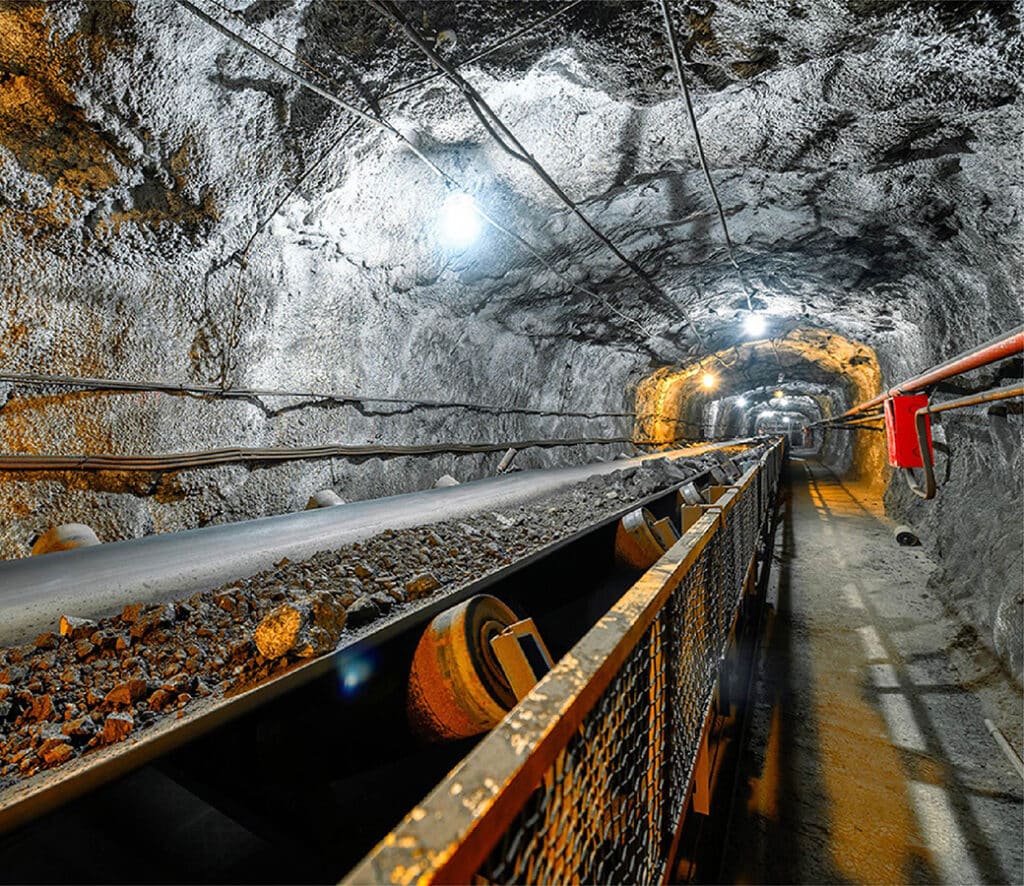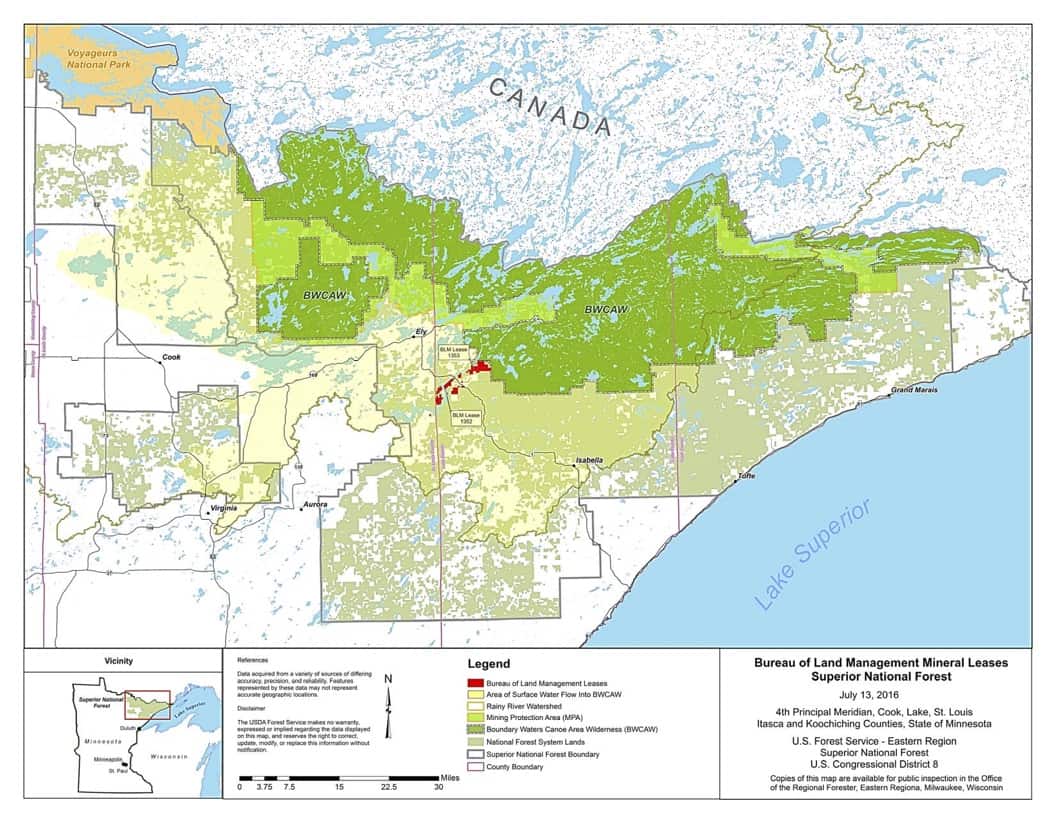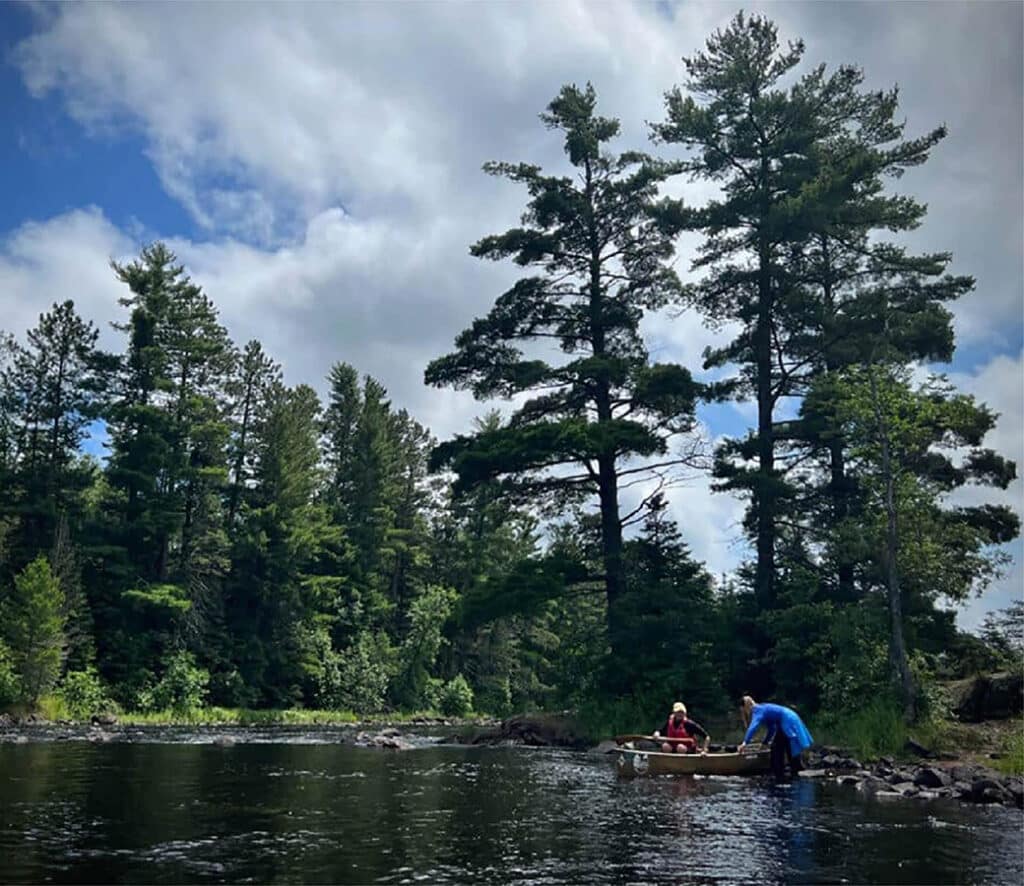
Multiple environmental groups traveled to Washington D.C., recently to be present for the latest appeal by Twin Metals Minnesota. The Chilean-owned mining company has been seeking to reinstate two mineral leases near the Boundary Waters Canoe Area Wilderness (BWCAW) and other critical watersheds. The company appealed to a panel of judges, aiming to reinstate two preferential rights applications that would allow the company to build a mine south of Ely. In 2023, the Biden administration enacted a 20-year ban on sulfide mining, protecting over 225,000 acres within the Superior National Forest. However, the incoming administration could reverse the ban.
Ongoing lease disputes
Two Twin Metals Minnesota federal mineral leases have been involved in ongoing litigation for the past eight years. This came into play when the Obama administration denied renewal of the leases in 2017. Then, the Trump administration reissued the leases in 2019. However, this was done without the consent and support of the U.S. Forest Service, which has the right to consent or veto mining proposals within the SNF. The Forest Service has consistently exercised its right not to renew leases. During the following Biden administration, the Department of the Interior found that Trump had acted improperly. As a result, the leases were canceled, and the 20-year mining ban on sulfide mining went into place.

The latest appeal concerns a 2023 ruling in which a district court determined it lacked jurisdiction to address Twin Metals’ claim. This was because the federal government had failed to honor lease terms set with the predecessor of the leases that were originally issued in 1966. The judge then ruled that the company’s claims constituted a contract dispute with the federal government. According to an article by the TimberJay, the district judge’s findings were that the “claims amount to a contract dispute with the federal government, which are not subject to review on the kind of procedural grounds that Twin Metals is alleging under the Administrative Procedures Act.” This means that only the U.S. Court of Claims can address the company’s claim and award damages.
Court rules it lacks jurisdiction
The U.S. Court of Appeals heard arguments from both sides this week. However, the court ruled that it lacked jurisdiction to hear the case. This decision likely stemmed from the Tucker Act, which governs claims against the federal government for contract disputes. The Act requires that “contract claims,” such as those related to mining leases, be heard in the Court of Federal Claims. That court handles cases where individuals or companies sue the federal government over breach of contract or other contract-related matters.
Twin Metals argued that the leasing dispute should not fall under the jurisdiction of the Court of Federal Claims. This is because they do not consider the issue a “contract claim.” While the company could potentially seek monetary compensation for financial losses resulting from the lease cancellations, the Court of Federal Claims cannot restore the leases themselves. Twin Metals clarified in court that it was not seeking monetary damages.

Moving foward
Three Supreme Court judges now have the appeal. While environmental groups believe the judges were thorough in their consideration of both sides this past week, the outcome remains uncertain. Max Kieley, Legal Director of Friends of the Boundary Waters (FTBW), warned that reinstating the leases would be “catastrophic for water quality, native nations, and incompatible with the pristine nature of land and water.” Copper ore typically contains around 0.4% copper, meaning 99.6% of the mined rock is waste or tailings. The tailings are full of sulfates, which, when exposed to air and water, form sulfuric acid. These release toxins like heavy metals, contaminating the surrounding water.
The challenge is making mines profitable while managing hundreds of millions of tons of tailings, especially in water-rich areas like northern Minnesota. Antofagasta, the company that owns Twin Metals, has faced environmental fines in various countries.
The judges are expected to decide within 90 days, though the timeline is unclear. In the meantime, the incoming Trump administration may impact the appeal. President Trump has threatened to renew the leases. Local lawmakers have invested interest as well. In 2023, Representative Pete Stauber introduced a bill to restore mineral leases in the Superior National Forest. Meanwhile, in 2019, Representative Betty McCollum proposed a bill to protect the Boundary Waters and including Voyageurs National Park. Both parties are expected to continue pushing for their respective issues.
Regardless of the outcome, the debate over copper-nickel sulfide mining in northern Minnesota is not over.

More info:
- USFS reiterates its opposition to planned Twin Metals mine – The Timberjay
- Judges sound skeptical of Twin Metals’ arguments – The Timberjay
- How it all works – Twin Metals Minnesota
- Sulfide-ore mining and human health in Minnesota – Minnesota Medicine Magazine

Wilderness guide and outdoorswoman Pam Wright has been exploring wild places since her youth. Remaining curious, she has navigated remote lakes in Canada by canoe, backpacked some of the highest mountains in the Sierra Nevada, and completed a thru-hike of the Superior Hiking Trail. Her professional roles include working as a wilderness guide in northern Minnesota and providing online education for outdoor enthusiasts.

